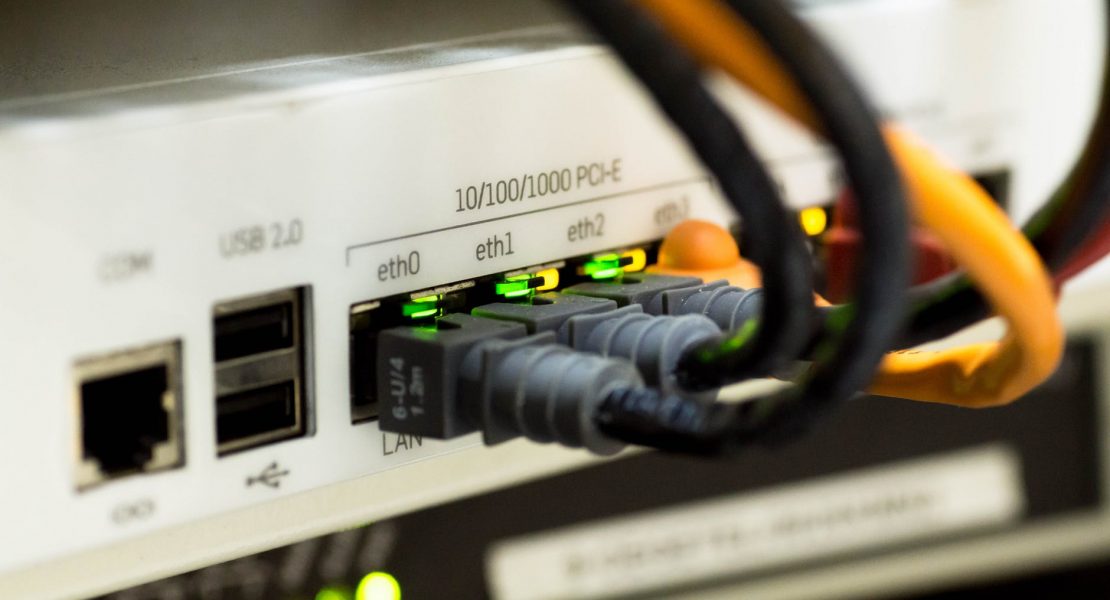Impact on digital marketing
With net neutrality repealed, digital marketers will find that the online user experience is made to be comparatively more frustrating. Now that ISPs are authorized to divvy internet access amongst “suitable” visitors, subscribers will be more understandably conservative about which sites they choose to visit. This “class-based” system will directly result in a reduced merging of demographics for some websites, which will negatively influence web traffic and quite literally turn potential visitors away. People simply aren’t going to pay for privileged access to specific websites, and you’ll find that they are more frugal with their browsing due to, in some instances, racking up a list of fees for all the websites they visit incorporating subscriptions. Marketing opportunities are dramatically impacted by repealed net neutrality, as there are fewer opportunities to market products to an appropriate audience, as many potential customers will feel alienated by revamped online structuring. Competition will be fiercer than ever before, and many businesses will feel uncomfortable with spending more than the bare minimum due to the ever-changing online landscape. Many will foresee digital marketing as a less worthwhile and profitable position, despite the fact that the correct approach will still likely yield positive results, specifically with high-quality content.

Areas most affected
Retargeting may prove to be less effective, as potential leads won’t appear anywhere near as often on unrelated sites. Facets of digital marketing that use search engines’ networks to place ads will be the most severely impacted. Consumers may be “locked out” of seeing placements on web pages due to newly incorporated subscription-based restrictions regarding viewing permissions. Additionally, pay-per-click services will encounter greater challenges and extra hurdles, largely due to a sparser page supply to carry suitable ads. Content is more crucial than ever, but it needs to be unique, engaging, and incredibly compelling in order to generate traffic that still won’t reach the same levels as before net neutrality was repealed. Even with wonderful new content on a website, it won’t make much difference in cases when internet companies don’t include the website in standard access plans.
Which businesses most affected
Without a doubt, small businesses will be the most heavily affected now that net neutrality has been repealed. By limiting what consumers can see on the web and locking content behind paywalls, it creates a divide in nearly every industry. It is important that those interested in a business’ product or service aren’t turned away by lockouts and other frustrations that impede upon their browsing experience – you want to ensure that they reach their own conclusions about what you offer without bias. With subscription models and a class-based system in place, this is unavoidable, as any consumer who must have the privilege to view specific content while they can find it from another source for less (or free) is a dangerous prospect. Small businesses with limited capital will struggle to generate enough traffic – and income resulting from it – with such strategies by ISPs. There will simply be fewer low-cost and low-risk ways for them to market effectively. With larger, more popular websites now able to “muscle in” and bump small business websites aside, it creates a toxic online environment that can be difficult for those with less income or manpower to navigate effectively. An experienced and entirely future-facing digital marketing team and strategy is crucial in every regard, and such an approach still won’t produce the same results as before. The key now is to accept this as best as possible and adapt.
Guest post by Mark Rapley, Director of Operations, KWIC Internet.




